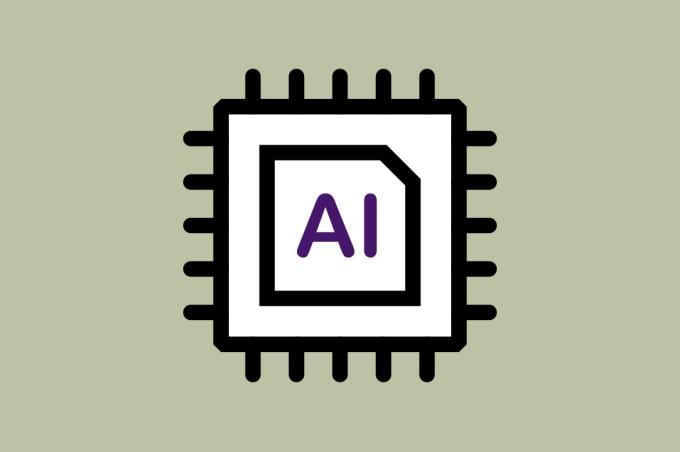In the span of 24 hours last month, a podcast about open-source large language models diagnosing complex cases was released, an investigation that examined priorities and applications for augmented intelligence (AI)—often called artificial intelligence—for older adults was published, and an evaluation of AI summaries of ophthalmology notes was written.
AI continues to be discussed, deployed and dissected in virtually every industry, and health care is no different. More use cases for the technology are being developed, and it can be hard for physicians to stay on top of the latest information.
That is why the JAMA Network® introduced JAMA+ AI, a new channel for physicians and other health professionals to understand the latest research, findings and applications related to AI. JAMA+ AI features curated content from across JAMA Network's 13 journals.
"JAMA+ AI is an experience for the reader who wants to find the AI content across our network but may not want to read every single journal for that AI content," said Kirsten Bibbins-Domingo, PhD, MD, MAS, editor-in-chief of JAMA® and the JAMA Network.
In a recent episode of “AMA Update,” Dr. Bibbins-Domingo talked about the new channel and the importance of making content more accessible for audiences.
Curating AI-focused content
JAMA+ AI features a collection of articles, editorials, podcasts and videos that explore the role of AI and digital medicine in health care. The content includes author interviews and in-depth analyses of new AI applications. The goal is to make the content easy to find and easy to understand.
"We want to draw people in who know and understand AI and people who are a little curious and want to learn a little more," Dr. Bibbins-Domingo said. "They can come to JAMA+ AI and do all that."
For example, the podcast episode about open-source large language models mentioned above was a follow-up to a recent study published in JAMA Health Forum™. The study showed comparable performance between open-source and proprietary models, meaning that institutions could customize an open-source model locally and not worry about privacy concerns that come with some established models.
The study's co-authors discussed it and the significance of their findings as part of the podcast episode.
JAMA+ AI also features commentary and opinion pieces about AI and its implications, ranging from calibrating physicians' reliance on AI to regulating AI in health care.
The growing significance of the technology, Dr. Bibbins-Domingo said, will be massive.
"We are going to see AI transforming how we discover new drugs, new therapeutics, new interventions," Dr. Bibbins-Domingo said. "And we're going to see it all the way through to increasing access for people who might not have access to information or access to care."
From AI implementation to EHR adoption and usability, the AMA is fighting to make technology work for physicians, ensuring that it is an asset to doctors—not a burden.
Translational science reviews
But Dr. Bibbins-Domingo wants more than just JAMA's AI-focused content to be accessible. That's why JAMA launched "Translational Science Reviews," a new series of content designed to help clinicians understand recent science discoveries and their potent impact.
The articles capture information about new science advances that could have implications across multiple disciplines.
"What's interested me in this environment right now is that there's an explosion of new discoveries and application of discoveries in the lab to new things that actually benefit patients," Dr. Bibbins-Domingo said.
As an example, Dr. Bibbins-Domingo mentioned recent advances related to CAR T cells and how they're leading to innovative treatment opportunities for conditions that previously had no treatment.
"Translational reviews are designed for clinicians. They’re designed for people who might not have a lot of expertise in CAR T cells," she said. "It's not their area of focus,” so these reviews explain how CAR T cells work and what it means when you get a treatment with CAR T cells.
Dr. Bibbins-Domingo said her hope is that providing translational science reviews will not only help educate physicians and other health professionals but also help them see how to apply new advances to their own work and practice.
"There are many things that are new but are already at the bedside," she said. "We want to bring more people into that window of the discovery to the bedside, so that more people who are interested have the expertise, can understand what it is because it’s something that’s really going to benefit all of us whether we’re clinically practicing or because it affects the health of so many people we’ll take care of or ourselves."
“AMA Update” is your source for physician-focused news. Hear from physicians and other experts on trending public health concerns, practice issues and more—because who’s doing the talking matters. Catch every episode by subscribing to the AMA’s YouTube channel or listen to all AMA podcasts at ama-assn.org/podcasts.





